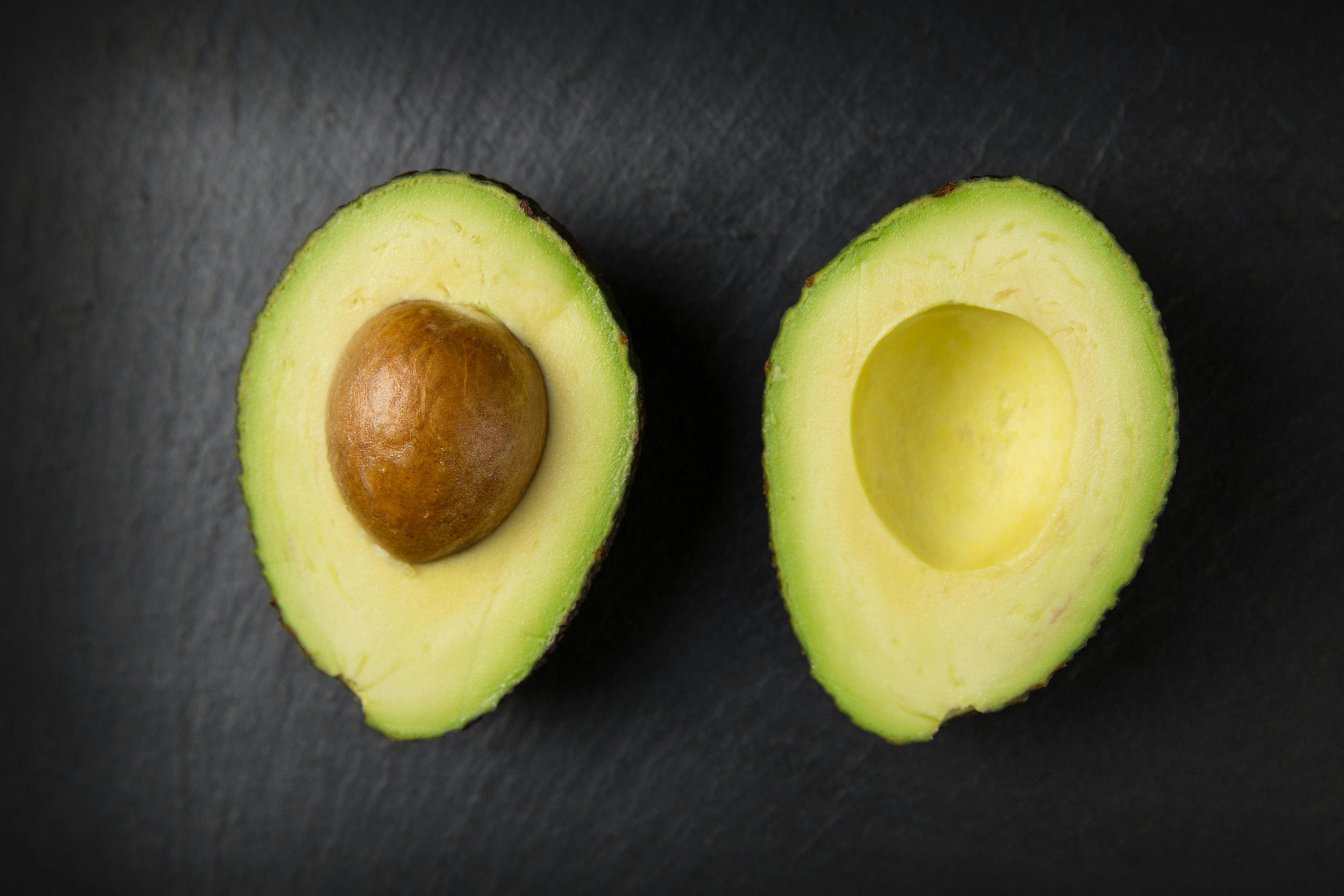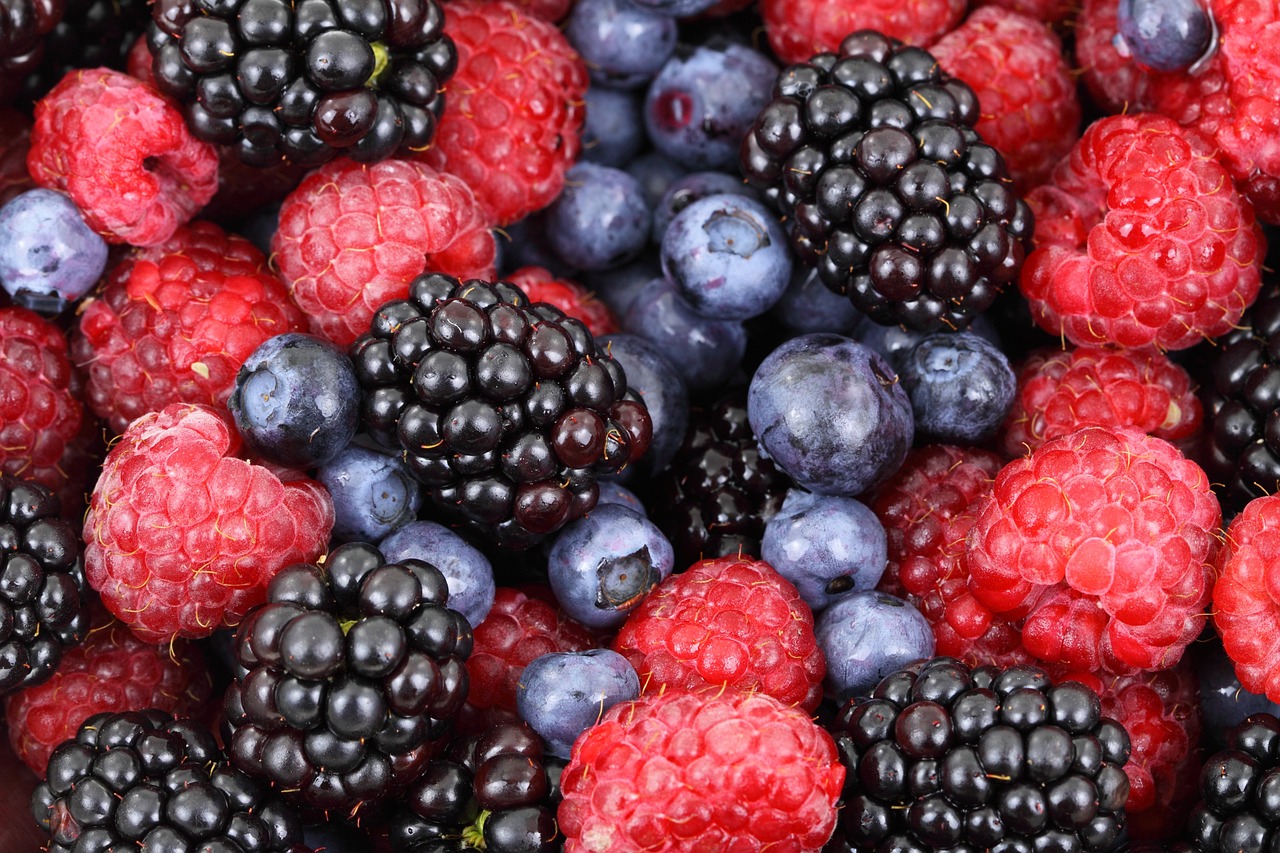
Our bodies naturally produce a chemical called serotonin, which plays a critical role in our mood and sleep. Sometimes referred to as your body’s “feel good” chemical, not getting enough serotonin can leave you susceptible to depression, anxiety, and other mood disorders. On the other hand, adequate serotonin levels help promote a happier, calmer mood. To help maintain healthy serotonin levels, it’s important to eat foods that are high in tryptophan, an amino acid involved in the creation of serotonin. These 5 foods that boost serotonin into your diet are not only delicious but can also give you the serotonin boost you need for a great mood.

Berries
Berries are a delicious, low-sugar fruit that offers dozens of benefits (beyond their amazing taste). All types of berries (blackberries, raspberries, etc) are packed with essential vitamins and nutrients to support your brain. Just one cup of raspberries or blackberries contains about 35% of the daily recommended value of Vitamin C. Vitamin C plays an important role in the production of serotonin. Berries can be enjoyed on their own as a snack or added to fruit smoothies or yogurt. Studies examining the mood-boosting effects of berries also found that the flavonoids in berries contributed to an overall improved mood.

Dark chocolate
Pure dark chocolate (without lots of added sugar) is perhaps one of the most interesting mood-boosting foods. When consumed in moderation, dark chocolate has been shown to aid in the body’s natural production of serotonin. In addition, dark chocolate contains a fatty acid known as N-acyl ethanolamines, which has also been found to help combat negative moods and produce a light feeling of euphoria. This means that after consuming dark chocolate, you might find yourself in an exceptionally good mood. When shopping for dark chocolate for a serotonin boost, look for chocolate that is a minimum of 70% cacao.

Avocados
If you’re wondering how to boost serotonin, consuming avocados is one of the easiest (and most delicious) ways. Avocados contain lots of healthy fats and are high in B vitamins. In particular, avocados contain healthy amounts of folate (Vitamin B9), which helps your body produce serotonin. Consuming enough B vitamins has been shown to lower homocysteine levels, a compound that may be associated with poor cognitive decline.
Low levels of Vitamin B have been associated with depression, anxiety, dementia, and other cognitive problems. Avocados are a great ingredient to include in salads and sandwiches or to be enjoyed on their own. In addition to Vitamin B, avocados also contain healthy levels of potassium, fiber, Vitamin E, and magnesium — all of which are beneficial to boosting your overall health. Avocados are also a great base to blend into smoothies, which can be combined with other mood-boosting foods like berries.

Green tea
Green tea contains plenty of mood-boosting ingredients, including the amino acid L-thenanine. This amino acid has been shown to help reduce anxiety and support an overall improved mood. Furthermore, some studies have found that consuming green tea resulted in improved serotonin levels. Another study found that consuming green tea is linked with a lower chance of cognitive impairment. Not only is green tea a great mood-boosting food to add to your routine, but it also offers a plethora of other benefits, such as lower cholesterol and improved bone health. Many people find that sipping on green tea creates a calming effect, which can also go hand-in-hand with a better mood.

Fatty fish
Fatty fish makes a great option for healthy lunches or dinners while also helping you boost serotonin. Varieties of fatty fish such as tuna, salmon, mackerel, sardines, or rainbow trout contain high levels of Omega-3 fatty acids — which have a powerful impact on your serotonin levels. Many people lack enough Omega-3 fatty acids in their diet, which can contribute to poor mood (depression, anxiety, etc). These fatty acids are involved in maintaining the health of your brain cells and supporting healthy communication between brain cells. Not to mention, making fatty fish in the air fryer has never been easier.

How to boost serotonin naturally
Adding these 5 healthy mood-boosting foods into your diet can help you boost serotonin levels and support an improved mood. In addition to consuming foods like these, be sure to get enough sunlight and manage stress levels to support a healthy mood. These natural approaches to boosting your mood are not a cure-all, but they can certainly make an impactful difference as part of a general health and wellness routine.
Editors' Recommendations
- The Whole30 diet: Everything you need to know
- Try these 11 foods high in vitamin D for healthy bones
- 5 effective foam roller back exercises your body will thank you for
- Does collagen count as protein? What you need to know about counting your protein macros
- Keto vs ketovore diet: What’s the difference?




